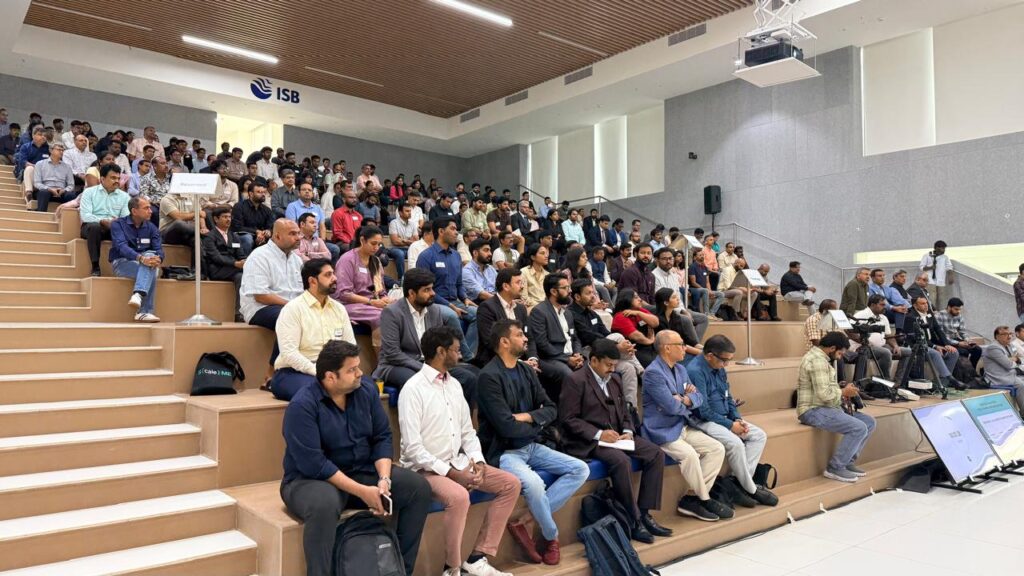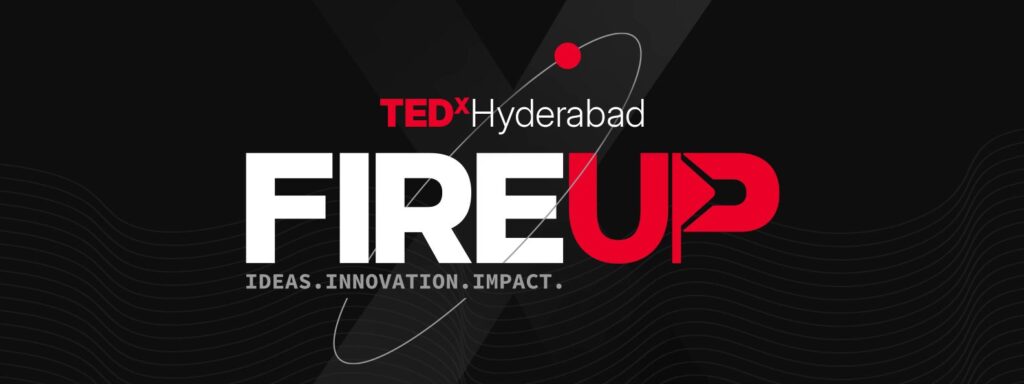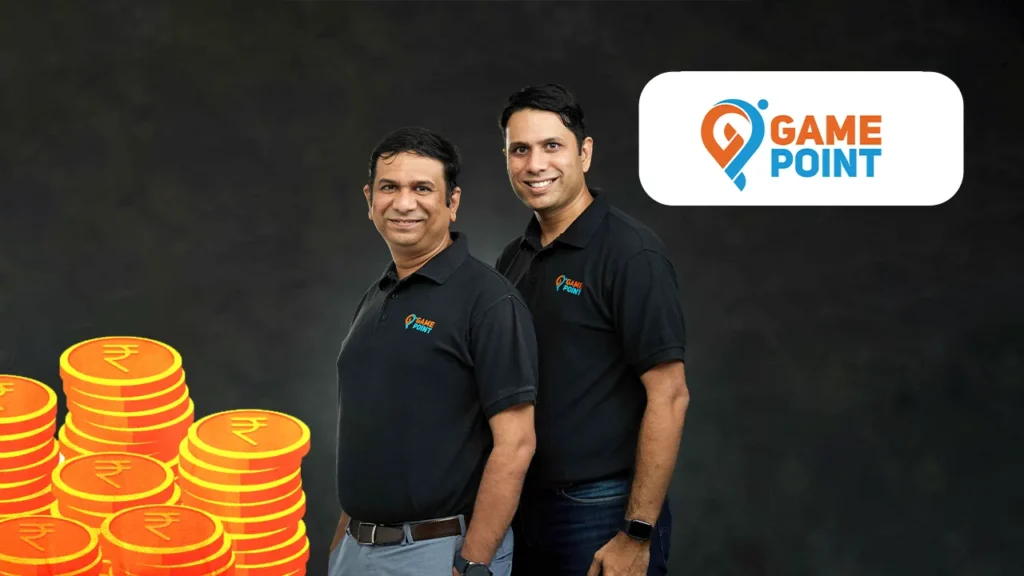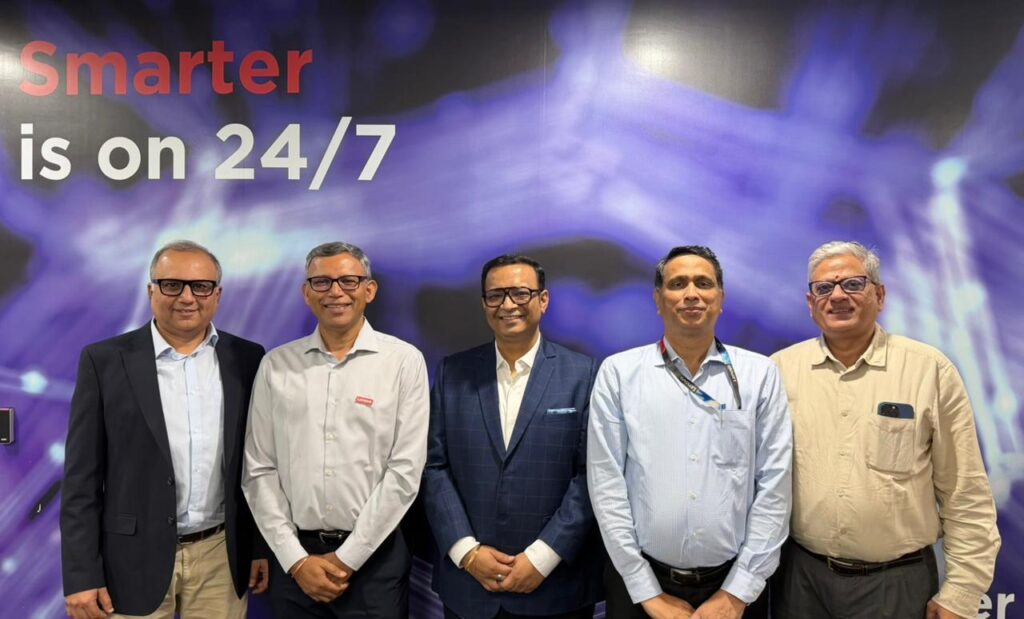One common refrain I hear form early stage founders is that a mentor they were seeking out didn’t respond or didn’t respond favorably. Need to understand some reasons why, and preemptively address this when reaching out.
On one hand we have very few mentors around, on the other hand we are very lucky to have mentors willing to a spend quality time with startup’s that they are not an investor in nor formal advisor for. Even if the startup is in the very early stages. Issue though is that every mentor while willing to help will want to make sure that there is some positive help possible. That the startup will benefit from the time spent. That the mentor can create some positive delta for the startups. So the outreach has to ensure that the startup can make the mentors time worthwhile. How?
First, need to make sure the idea comes across very clearly in a few lines. This must crisply summarise the opportunity, the solution, why unique, the differentiated value, market positioning and present status. In this articulation, startup’s often confuse the problem to be their idea. While actually, a problem is only the opportunity for the startup, and it is the startup’s ‘solution’ that is the idea. This solution if unique and interesting. Made even more compelling, if problem being addressed is badly unsolved or unresolved.
The target markets, segmentation, outreach and business dev approaches need to be briefed. Here again while the broader plans are important, equally or more important is to touch upon the seed/initial customer acquisition plans. The specific target segment or even specific names that are potential first customers. And how to reach them, convince them of value offered and win them over. This is very important as without first customer there is no customer at all. And value to first customer maybe very different from value to the 100th, and this will be very different from the full on critical-mass value prop. This clarity is very important.
Must also briefly address revenue sources and models. Stating clearly who the users are and who the customers are (that pay). And exactly what they are paying for. Giving an indication of the total size referring to very specific data from sources/news/reports. And end with present status. If product built. If any customers have seen. Used. Pis. And plans presently afoot. Most important to end with exactly what you are expecting form the mentor. More specific the better. This is where the mentor will assess if value can be added to the startup.
The outreach to the mentor has to be a teaser. A trailer. That very quickly share enough details that the mentors interest is piqued. This is important to be able to get mentors interest, and therefrom mentors time and the ensuing help!
Originally posted on New Indian Express








